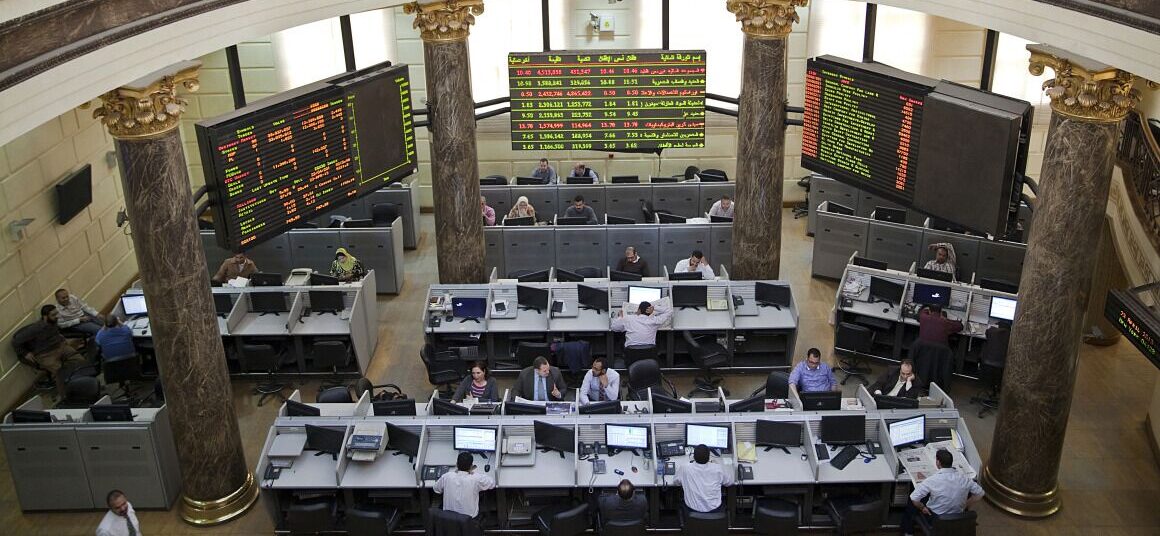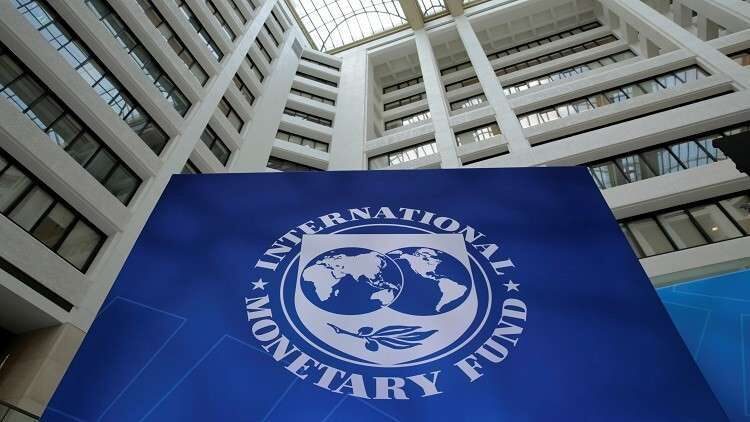The Egyptian government has announced its plan to generate $5 billion by selling stakes in state-run companies and various projects by the end of the fiscal year 2023/2024, concluding in June 2024. This plan demonstrates the progress made in Egypt’s privatization program, a key commitment under the International Monetary Fund (IMF) Extended Fund Facility (EFF) program.
Over the course of 16 months, from March 2022 to July 2023, Egypt has successfully raised $5 billion by selling stakes in 13 state-owned companies. However, the completion of the first review of the IMF program has been delayed twice due to the slow implementation of the privatization program and the postponement of flexible interest rate and foreign exchange rate regimes.
The second review under the IMF program is scheduled for mid-September, with expectations that both the first and second reviews will be conducted by this time.
Ullas Rao, assistant professor of Finance and Program Director for Finance at Edinburgh Business School of Heriot-Watt University Dubai, told Business Monthly that while progress has been slow, it has been steady. He emphasized the importance of the IMF’s financial support, which requires Egypt to implement politically challenging economic measures that may yield benefits in the future.
“There is still some work to be done in terms of placing Egypt as an important export player bringing the much-needed foreign reserves, which will ultimately help the economy to emerge unscathed from the difficult headwinds confronting the global economy,” Rao said.
Rao also pointed out that measures taken by the Central Bank of Egypt (CBE) to raise interest rates have helped contain inflation and had positive implications for interest rates and the currency. However, there is still work to be done to position Egypt as a significant export player, which will contribute to foreign reserves and strengthen the economy.
Egypt’s privatization efforts include plans to sell 70% of shares in the Siemens powerplant in Beni Suef, with a targeted collection of $1.8 billion.
Additionally, the government is considering non-binding purchase offers for Wataniya Petroleum, a company owned by the Egyptian Army’s National Service Projects Organization, with plans to finalize the deal in November 2023. Other sale deals, including the National Company for Producing and Bottling Water (Safi) and Zafarana wind farm, are expected to conclude in December.
Rao anticipates that Egypt’s recent investments from sovereign wealth funds of GCC nations will attract more foreign direct investment (FDI) in the near future.
“The slew of measures undertaken by the policymakers in Egypt will undoubtedly help attract both FDIs as well as foreign institutional investments (FIIs),” according to Rao.
“Going forward, these measures should also translate into offering competitive cost of capital making Egypt one of the more attractive destinations within the emerging markets. In the medium run, the local currency could find support with cost benefits to importers supported by a stronger Egyptian Pound,” he added.
As macroeconomic indicators stabilize, Rao concluded that the IPO market is poised to attract both domestic and foreign investments, making Egypt an attractive destination within emerging markets. Additionally, the local currency may find support, benefiting importers with a stronger Egyptian Pound.







